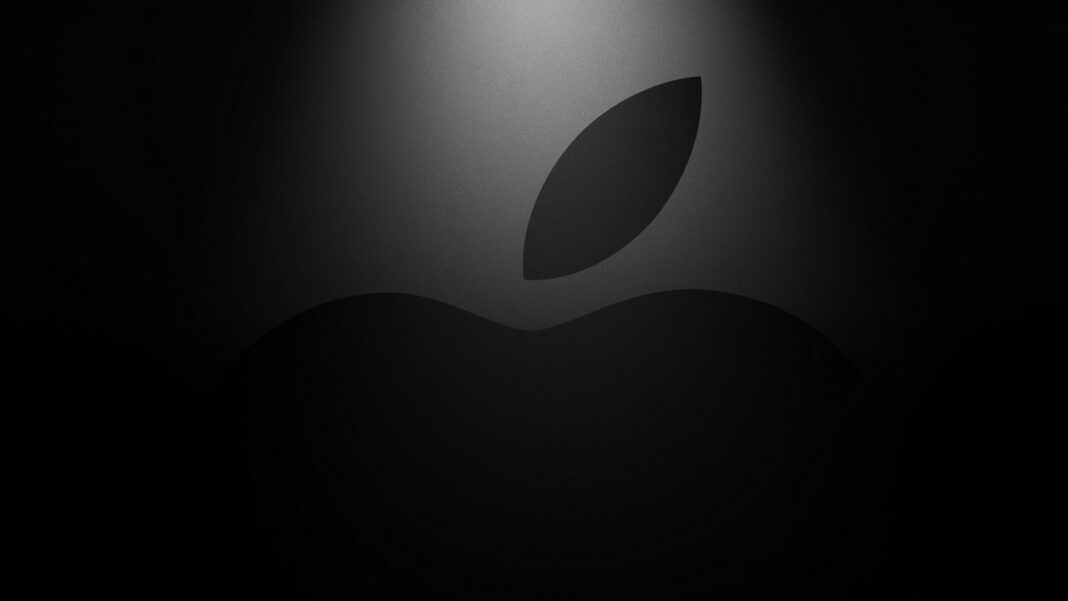Apple responded by saying the lawsuit sets a ‘dangerous precedent.’
The Department of Justice (DOJ) and 16 states on March 21 filed a civil lawsuit against Apple Inc. accusing the company of illegally monopolizing the smartphone market.
The DOJ and 16 state attorneys general claimed that Apple attempted to limit competition, which harms consumers, small businesses, and app developers via the firm’s App Store and other Apple features. Apple has long placed significant restrictions on what can be downloaded through its App Store, saying that those rules are designed to bolster Apple device users’ privacy and security.
But the broad suit accuses Apple of a range of illegal behavior, saying that it controls automotive services, news services, and digital wallets and puts restrictions on third-party apps. It also claims that the tech giant based in Cupertino, California, places controls on messages sent from iPhones to other phones in its default messaging service.
Apple, the DOJ alleged, engaged in monopolistic behavior by making its Apple Watch compatible only with iPhones.
“Consumers should not have to pay higher prices because companies violate the antitrust laws,” Attorney General Merrick Garland said in a statement announcing the lawsuit. “If left unchallenged, Apple will only continue to strengthen its smartphone monopoly.”
Further, the lawsuit accuses Apple of an illegal monopoly on smartphones maintained by imposing contractual restrictions on, and withholding critical access from developers. Apple has already been subject to antitrust probes and orders in Europe, Japan, and Korea, as well as lawsuits from corporate rivals such as Epic Games.
“Each step in Apple’s course of conduct built and reinforced the moat around its smartphone monopoly,” the DOJ complaint against Apple also read. “The cumulative effect of this course of conduct has been to maintain and entrench Apple’s smartphone monopoly at the expense of the users, developers, and other third parties who helped make the iPhone what it is today.”
Apple has long defended what it calls a walled garden approach as a feature prized by consumers who want only Apple products and what the company says is the top-tier protection available for their personal information. It has described the barrier as a way for the iPhone to distinguish itself from devices running on Google’s Android software, which isn’t as restrictive and is licensed to a wide range of manufacturers.

















































